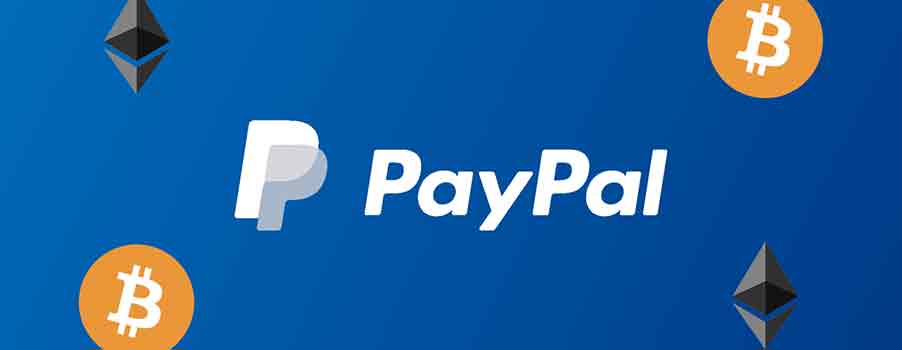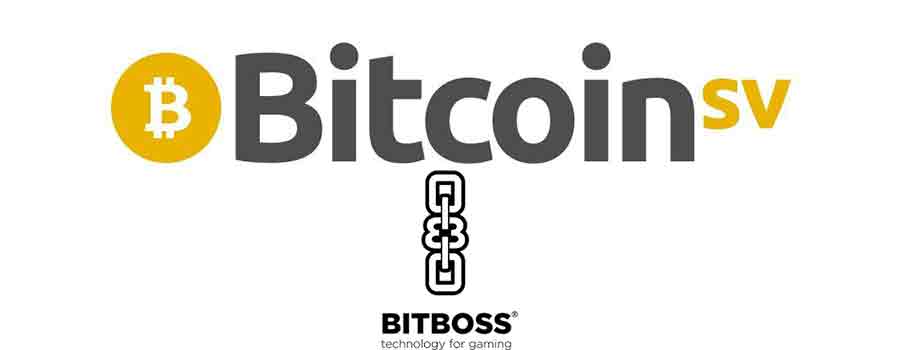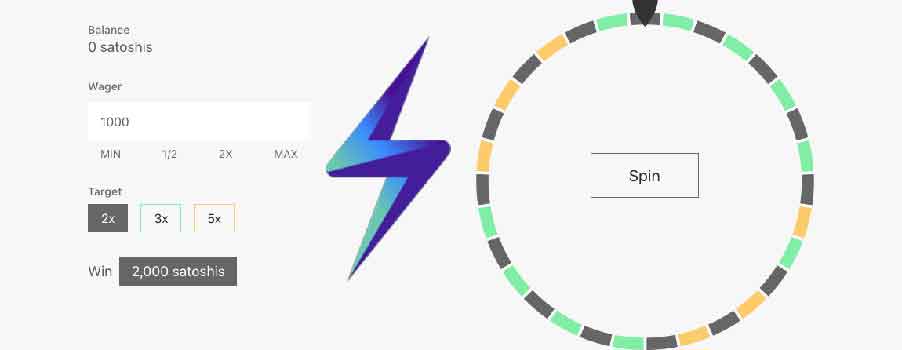The gradual mainstream acceptance of digital currencies has recently made a huge leap forward after PayPal, one of the world’s most popular payment services, entered the digital currency market. Its customers will now be able to buy, sell, hold and spend digital or virtual currencies including Bitcoin, Bitcoin Cash, and Litecoin among others.
Thankfully, the rollout of this new measure is already underway in the United States. A global rollout will follow but the earliest this will happen is next year. PayPal users from non-US customers will therefore have to wait a little longer before they can be able to transact using these virtual currencies. The stated timeline is, however, very encouraging.
How Will It Work?
As mentioned above, PayPal has already laid out a roadmap for the new development. In case you are wondering how the new system works, here is a brief explanation of what to expect. Whenever you use any of the accepted digital currencies to pay someone on PayPal, the payment service provider will convert the amount to the equivalent national currency. Sent amounts will not be received in the virtual currencies themselves. This can be rather disappointing but perhaps some changes will be made soon.
For now, the plan seems to revolve around getting as many people on board as possible. Their goal is “to increase consumer understanding and adoption of cryptocurrency. As part of this offering, PayPal will provide account holders with educational content to help them understand the cryptocurrency ecosystem.”
Naturally, the move has been met with some criticism. For instance, renowned economist Nouriel Roubini believes that the decision to bring digital currencies to the service is the same as “crypto gambling”. This kind of criticism is, of course, expected but there is a pretty huge possibility that more people will come around in the not so distant future.
Why This Is A Big Deal
It goes without saying that this is a pretty big milestone for the crypto community. Businesses such as online casinos that have been paying out winning in crypto will, for instance, have an extra option. It really helps that PayPal is already an established brand with a very robust customer base.
For PayPal, this move represents a unique opportunity for customer engagement. More digital currency users are definitely going to be giving the payment service provider way more attention now.










